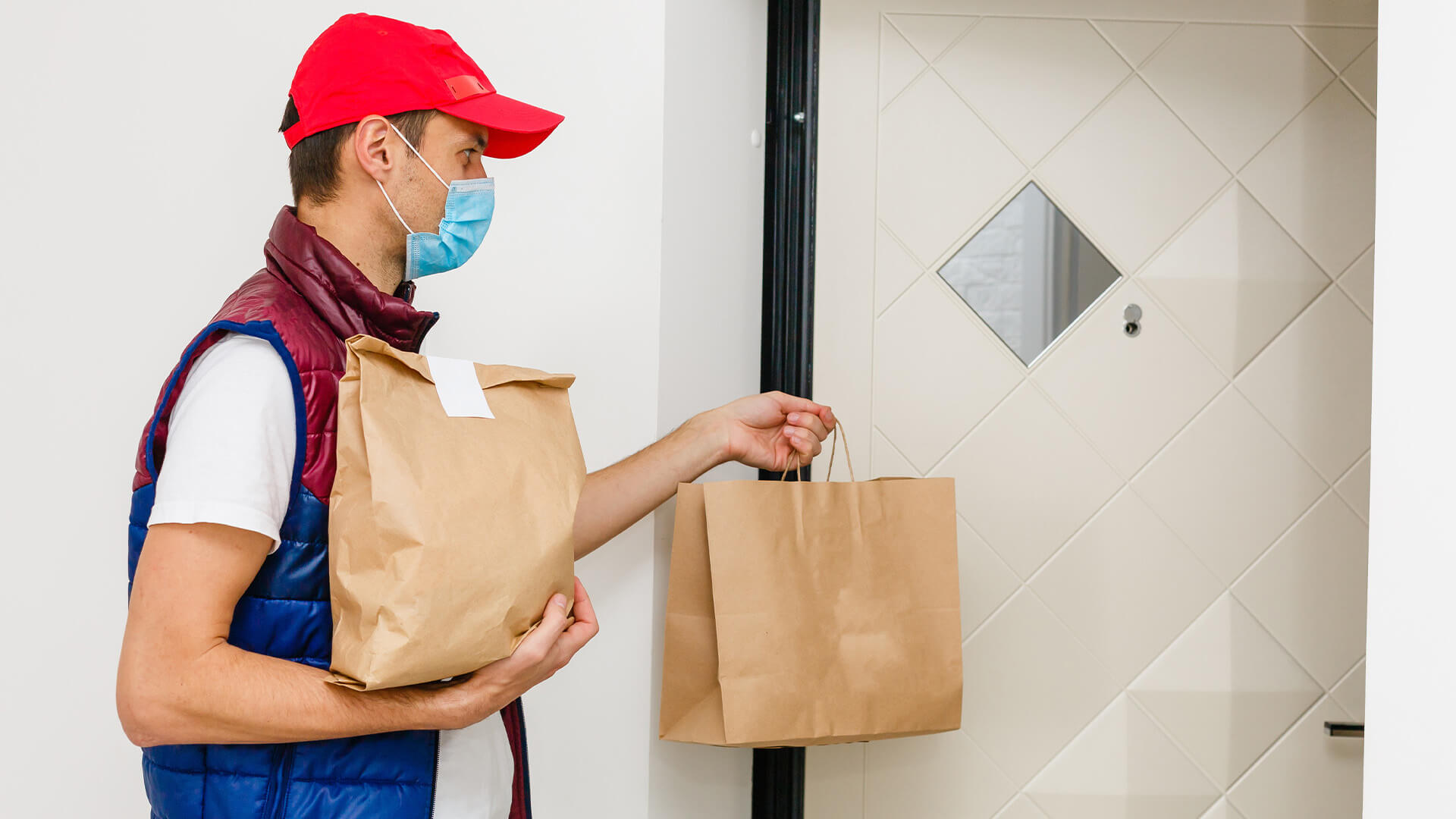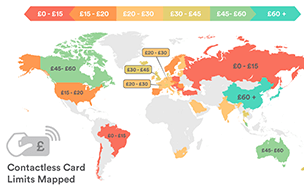The French food delivery market is hugely lucrative, worth €180 billion and growing. Food makes up 20% of our manufacturing output, highlighting its economic importance.
The market was flipped on its head during the COVID-19 pandemic, which saw restaurants, cafes, and bars close their doors and demand for deliveries rise.
Electrix, producer of coffret électrique encastré for the food industry, explore how the pandemic has changed consumer needs and how the market could look in the coming months.
Our changing food delivery habits
The COVID-19 pandemic has changed the world. As businesses closed their front doors and we were confined to our homes, consumer behaviour changed.
People were forced to turn to online shopping for non-essential items, but many also began to shop online for critical supplies, like groceries. Takeaway food deliveries increased as people sought comfort in delicious restaurant food at home. 29% of French households were already getting meals delivered to their home regularly, which naturally increased when we were unable to go out.
We were seeing a shift towards eating out before the pandemic. In 2019, there was an 8.5% increase in people eating outside the home, whether that was in bars, restaurants, or cafes. 48% of people said this was the activity they were most eager to get back to, scoring it higher than seeing family and friends or attending events.
Fast grocery delivery will become the norm
Demand for grocery deliveries rose as people sought to avoid contracting the virus in shops. Stores struggled to keep up with this demand initially, but they soon adapted. Because of this huge response, we’re now seeing companies offer grocery deliveries in as little as 15 minutes across the country. Interestingly, this activity reached a new high in Europe in the first quarter of 2021 rather than during the first lockdown.
Cajoo, the first French company to offer immediate grocery deliveries, put itself up for sale as its competition rose quickly. It went from being an innovator to one of many businesses offering the same services in an instant, so high is the demand for fast food shopping deliveries.
It’s important to note that these operations are expensive and require multiple locations. Cajoo committed to paying its drivers a salary, while we’ve seen other providers cut delivery costs in order to remain more profitable, which can impact driver earnings. One thing is for sure – fast grocery delivery is here to stay.
Will people dine out more again?
While lockdown restrictions have eased, capacity in restaurants, bars, and cafes is still limited as the vaccine rollout continues. We know that eating out is the activity the French public has missed the most during lockdown, but we’re seeing mixed results on people returning to restaurants.
In December 2020, a survey was released on our intentions to dine out after lockdown restrictions were eased, and the results were surprising. 51% of respondents said they intended to dine out less than usual, while 35% said they’d do it as much as they had prior to the pandemic. While many restaurants have been fully booked since reopening, the hospitality industry union UMIH has estimated that the recent introduction of green passes could reduce visitor numbers by 15–20%.
It’s clear that we’re taking precautions as France continues its roadmap out of lockdown. While visits to restaurants after the easing of restrictions exceeded 2019 levels by 50%, consumers are currently dining out less. We expect this trend to continue in the coming months because of the backlash to the COVID pass, despite the fact that dining out is a much-loved activity in the country.
Fast food delivery will get more competitive
As people ordered more fast food through the pandemic, delivery services increased fiercely. Uber Eats has long dominated the takeaway delivery market in France, but we saw Deliveroo triple its subscribers by offering unlimited deliveries for a small initial fee of 1€, rising to only 5.99€ at the end of 2020.
When France fully exits from lockdown restrictions – whenever that may be– we may see a decline in fast food delivery orders. The pandemic increased competition between the providers of these services as they looked to capitalise on increased demands, but we may see even more discounts as spend in this area inevitably drops.
A backlash to competitiveness?
With competition at an all-time high in the food delivery market, we’re seeing businesses undercut themselves and each other to gain key market shares, such as the low delivery prices offered by Deliveroo. We know that this can impact the earnings of its drivers, so could we also see a backlash to this type of ruthless competitiveness? Just Eat, which has a smaller share in the market, hired 4,500 drivers on permanent contracts in order to build an ethical brand.
Values matter to French consumers, and half wouldn’t continue to buy from a business who didn’t have similar values to them. We could see businesses who take an ethical stance increase their market share.
There’s no doubt that the past 18 months have shifted consumer behaviours in a way we never expected, and this will impact the future of the market. The food delivery market in France is highly valuable, and we’re seeing new trends emerge as a result of our changing habits.





























